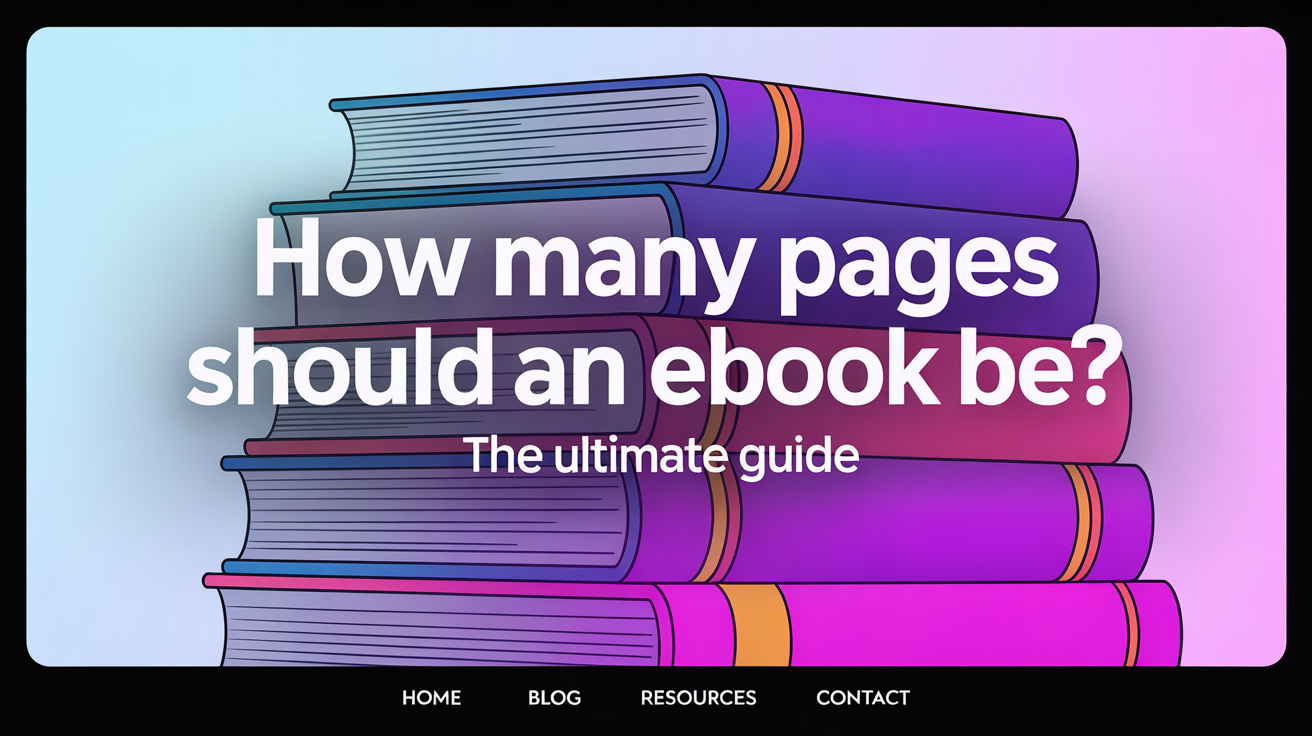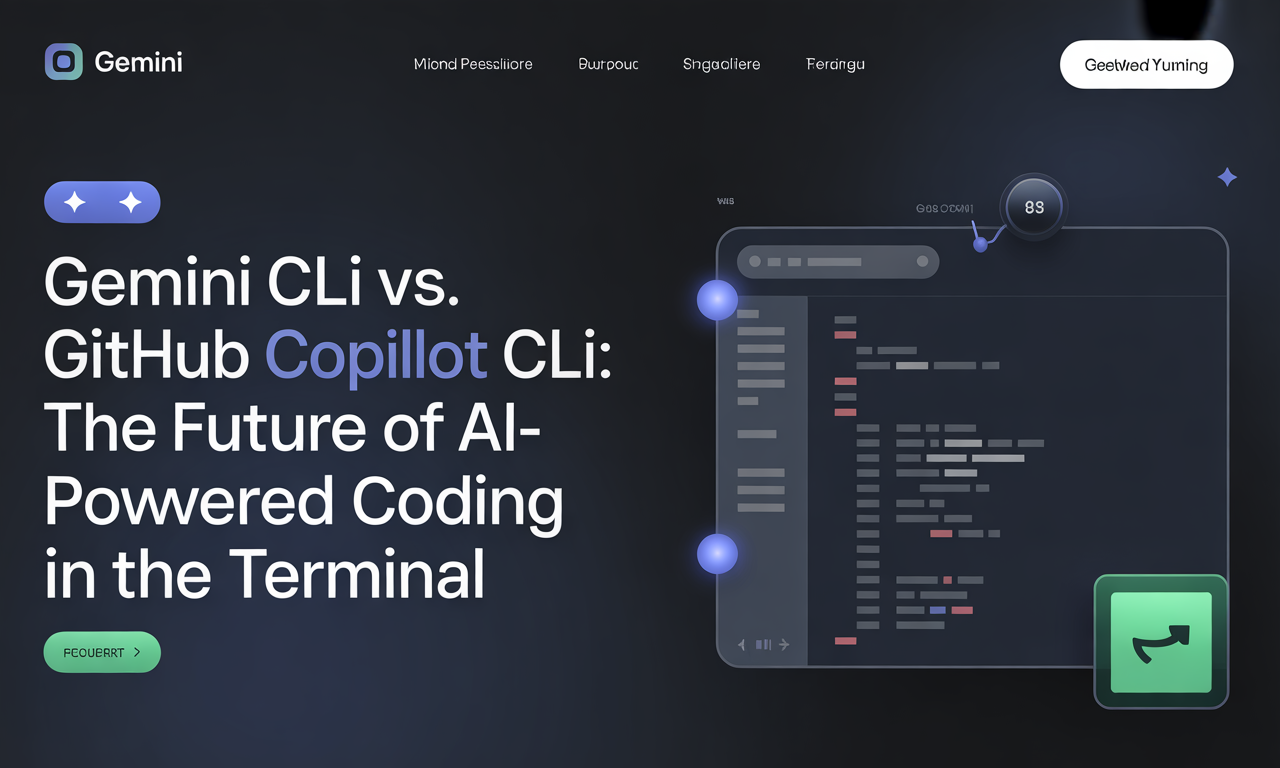How Many Pages Should an eBook Be? A Comprehensive Guide to Finding the Perfect Length
When creating an eBook, one of the most common questions authors and publishers ask is: How many pages should an eBook be? Unlike traditional print books, eBooks don’t have a universally fixed page count. The ideal length depends on your genre, your audience’s expectations, and the purpose of your content. Whether you're writing a how-to guide, a self-help book, or a piece of fiction, understanding the right length can help you deliver value and keep readers engaged.
In this comprehensive guide, we’ll explore key factors that influence eBook length, debunk common myths, and offer actionable tips to help you decide how long your eBook should be.
Understanding eBook Length: Why There’s No One-Size-Fits-All Answer
The Myth of a Standard Page Count
Unlike traditional publishing, where physical constraints and printing costs often influence book length, eBooks are more flexible. This flexibility means there’s no strict industry standard for how many pages an eBook should have. Instead, the ideal length varies based on:
- Genre: Fiction, nonfiction, technical manuals, and self-help all have different norms.
- Purpose: Are you educating, entertaining, or persuading?
- Audience expectations: Readers of certain genres expect different levels of depth.
Because of these factors, an eBook can be anywhere from a concise 20 pages to a detailed 200-page manual.
What Do Industry Guidelines Say?
Amazon’s Recommendations
If you’re publishing on Amazon Kindle Direct Publishing (KDP), you might wonder if there are any minimum length requirements. Here’s what you need to know:
- No strict minimum for eBooks: Amazon does not enforce a minimum page count for Kindle eBooks.
- Recommended minimum: Industry best practice suggests aiming for at least 24 pages to provide a substantial reading experience.
- Paperback minimum: For print-on-demand paperbacks via KDP, the minimum page count is indeed 24 pages.
This means that while you can technically publish very short eBooks, aiming for at least 24 pages helps ensure your content is perceived as valuable and complete by readers.
Average eBook Length: What Does Research Show?
Typical Page and Word Counts
Research on bestselling eBooks reveals some useful averages:
- Page count range: Most bestselling eBooks fall between 20 and 50 pages.
- Word count range: This typically translates to about 20,000 to 50,000 words.
Keep in mind, these are averages—not hard limits. Some highly successful eBooks are shorter if they deliver concise, high-impact content, while others are longer to cover complex subjects thoroughly.
How Genre and Content Shape eBook Length
Short and Sweet: When Less Is More
Certain genres naturally lend themselves to shorter eBooks:
- How-to guides and tutorials: Readers want quick, actionable information.
- Niche topics: Specialized subjects often require focused, concise content.
- Self-help: Practical tips and motivation can be delivered effectively in brief formats.
In these cases, an eBook of 20–50 pages often hits the sweet spot—long enough to be meaningful, short enough to be a quick read.
In-Depth and Comprehensive: When Length Matters
Some topics demand more thorough exploration:
- Technical manuals and educational content: Complex ideas require detailed explanations.
- In-depth fiction or storytelling: Rich narratives and character development need space.
- Business and strategy books: Detailed case studies and frameworks take pages.
For these, an eBook might stretch well beyond 50 pages, sometimes reaching 100 pages or more, depending on the depth required.
The Most Important Factor: Value Over Length
Why Quality Trumps Quantity
The number of pages is less important than the value your eBook delivers. A successful eBook is one that:
- Communicates its message clearly and effectively
- Keeps readers engaged from start to finish
- Provides actionable insights or enjoyable content
A 30-page eBook packed with useful information will outperform a 100-page eBook filled with fluff or repetition. Always prioritize reader experience and content quality over hitting a specific page count.
Practical Tips to Determine the Right Length for Your eBook
1. Define Your Audience and Their Expectations
- Research your target readers’ preferences.
- Look at bestsellers in your niche and note their lengths.
- Consider whether your audience prefers quick reads or deep dives.
2. Clarify Your eBook’s Purpose
- Is it to educate, inspire, entertain, or solve a problem?
- Match the length to the complexity of your message.
3. Focus on Delivering Value
- Edit ruthlessly to remove fluff.
- Ensure every page serves a purpose.
- Use clear, engaging language to keep readers hooked.
4. Consider Formatting and Design
- Use visuals, bullet points, and subheadings to break up text.
- Remember that eBook “pages” can vary depending on device and font size.
5. Test and Iterate
- Gather feedback from beta readers or early reviewers.
- Adjust length if readers find it too short or too long.
Conclusion: Finding Your eBook’s Perfect Length
There is no magic number for the perfect eBook length. While 20 to 50 pages (or roughly 20,000 to 50,000 words) is a common range for many successful eBooks, the best length depends on your genre, your content, and most importantly, your audience’s needs.
Remember, the key to a successful eBook is not how many pages you write, but how well you deliver value and maintain reader engagement. Focus on creating content that fully addresses your topic with clarity and depth, and the right length will naturally follow.
Key Takeaways
- Aim for at least 24 pages to meet industry recommendations and provide a substantial reading experience.
- Shorter eBooks (20–50 pages) work well for concise, actionable topics.
- Longer eBooks are suitable for complex, detailed content.
- Prioritize quality and reader value over page count.
- Understand your audience’s expectations and tailor length accordingly.
- Use feedback to refine your eBook’s length and content.
By applying these principles, you’ll be well on your way to creating an eBook that resonates with readers and stands out in the crowded digital marketplace. Happy writing!
Ready to create stunning, high-quality ebooks faster than ever? 🚀 BookBlitz AI Ebook Generator harnesses the power of the latest AI technology—featuring OpenAI’s GPT-4.1 for text generation and Ideogram v3 Turbo for eye-catching, professional book covers.
Generate ebooks in any language, perfectly tailored with genre, audience, and style suggestions. Plus, unlock the Topic Generator—instantly generate 200 bestselling book titles in the top 10 profitable subniches for your chosen topic.
Join thousands of authors and creators who trust BookBlitzAI to simplify ebook publishing and boost their success.
Start your free trial now and turn your ideas into profits today! 👉 Explore BookBlitzAI.com
Your next bestseller is just a click away.



